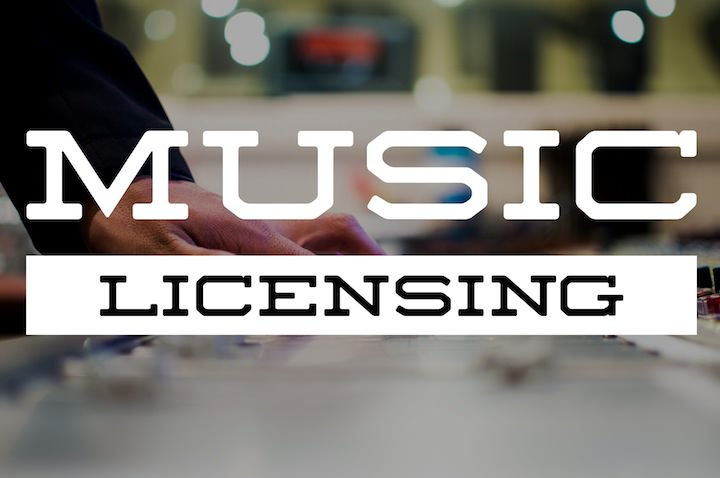Posted by adminsteele on May 7, 2013
To most people, the term “music licensing” is related to the world of famous musicians and musical artists under the control of huge corporations. But for someone who makes their own music outside of the mainstream, music licensing companies can often be the difference between making a name for yourself, or fading into obscurity. Thanks to the internet and social networking more and more artists are dedicating themselves to the craft with the hope of becoming famous, but they often find it is far more difficult than they thought. Obviously, an artist dedicates themselves to their craft, expending a great deal of time and effort, but in order to reap the benefits you need to be heard by a wider audience. This is where music licensing comes in.
With music licensing, you are able to have your musical product marketed to the world in the best light possible. You will have access to tools, people and markets that you would not have had otherwise. One of the most lucrative licensing you can acquire is anything related to various arms of the entertainment industry including radio, television, independent films, commercials, even video games. A music licensing company can help your music get into the right hands, and as a result more people will hear your work.
Getting your foot in the door on your own is virtually impossible. This is because there are so many thousands of artists trying to get attention at the same time, and this in turn increases competition. Luck will not get you to the top, it is those with the right people behind them. Music licensing protects your product, promotes your product, and the results will far exceed anything you could have done on your own.
Most reputable music licensees only make money when you do, therefore if a licensing company asks you for money up front this should set off a mental alarm. If the company likes your product they will promote it based upon your talent, and because they know that with the right backing you can make them – and yourself – money. Do not consider licensing as a form of “selling out”. You want people to hear your music, and you want to make money from it.
When searching for the right company, check their references, and ask for names of some of their other customers so that you can inquire about their experience. If the company is as they represent themselves to you, then you will have found a company that can protect your material, market you properly, and get you the notoriety you deserve.
The benefits of hiring a music licensing company are immense. If you are a struggling musical artist who desires a wider audience you need to take advantage of this opportunity right away. Your success may depend on it.

